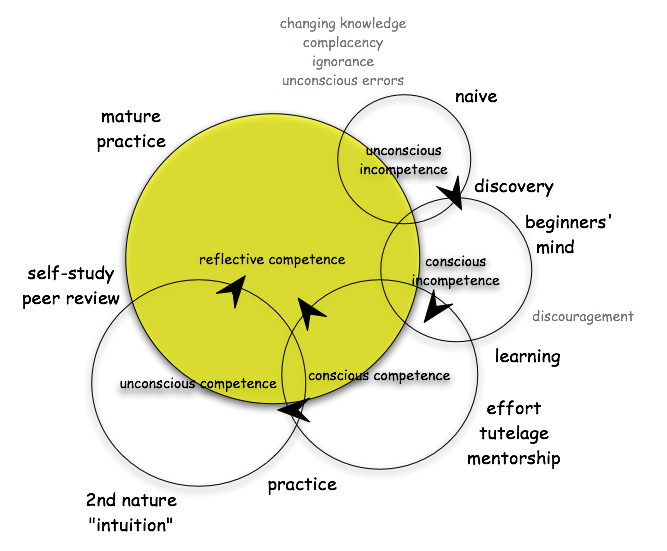One time, during one of my travels, I was standing in the queue to go through security. The person standing ahead of me removed his belt placed it on the tray, emptied his pockets, then took out his laptop, put his bag on the trolley, thereafter zipped his laptop bag and then put that on the trolley. He took a good 5 minutes to do all of this. He seemed like a regular traveler and one who definitely was in the know. Yet…
Consider situations when people push you, or don’t bother moving out of your way when you say “excuse me”, on the road or in a lift, they barge in before you can get out. If you were to ask them to not do so, instead of saying sorry, they get into a fight and argument.
What is the common thread in these incidents?
⇒ATTITUDE
That traveler was in the know about what needs to be put on the belt and yet did not care about being courteous in making an attempt to remove his laptop from the bag ahead of time or be adept with the way he put the things on the belt. His behavior seemed to be one of lack of care and courtesy to the passengers queuing behind him.
⇒How many times have you been in situations where people tell you that they know and yet act differently?
⇒Being in the know is useful, if you chose to behave according to your actions.
⇒Being in the know is of no use if your resultant behavior and action is one of apathy.
⇒Not knowing is better than knowing something and choosing to be apathetic.
In order not to be apathetic, consider these 6 key points
1.Attitude
Attitude is one each of us can chose because that is the only thing we can control.
To keep your attitude in check, are you
-asking the right questions of yourself and others,
-challenging the obvious
-willing to step out of your comfort zone
-being courteous in your actions and behavior
-ignoring your true dissenting inner voice
2.Pride
We need to celebrate our achievements and those of others. Each of us need to feel the deep pleasure derived from our accomplishments and successes. However, when we refuse to acknowledge those of others or are so narcissistic about ourselves, we turn our pride into being egoistic. As a leader be proud but not egoistic.
Are you being courageous to do what is right even if it is not the most popular?
3.Amiable
We need to be connected to each other because as human beings we are social animals and cannot survive in isolation. Connection happens when you are genuine and amiable. If you are indifferent and rude, you indicate a behavior of apathy.
4.Taut (not be rigid)
Being adaptive helps us to connect with others. You can be assertive and yet be adaptive. In showing rigidity in your actions, behaviors and the way you communicate, you are showing indifference.
Do you not ask questions because you fear resistance?
Do you stop advocating an idea for the good of your team and co., because it is not met with eyes of approval?
5.Haughty
A leader is one who has humility in the way they act and behave. By being haughty you do not inspire others in who you are or what you do.
⇒Do you surround yourself with people who don’t question you?
OR
⇒Do you surround yourself with people who can challenge your thinking and whose strengths make up for your deficits?
⇒Is your action and behavior disdainful and arrogantly superior?
⇒What are you doing with being in the know?
6.Yourself
Be authentic and Be yourself. Authenticity is being genuine but does not include being brash or uncourteous. Being authentic means you manage your EI and don’t forget your humility. In being EI, you chose to reframe your communication in a way that suits your audience and the context, without lying or using flattery.
“As a #leader, you inspire others when you refuse to act and behave in a manner that is not apathetic.”
If you want to increase your self-awareness and manage your emotions in a better way, please consult me.









